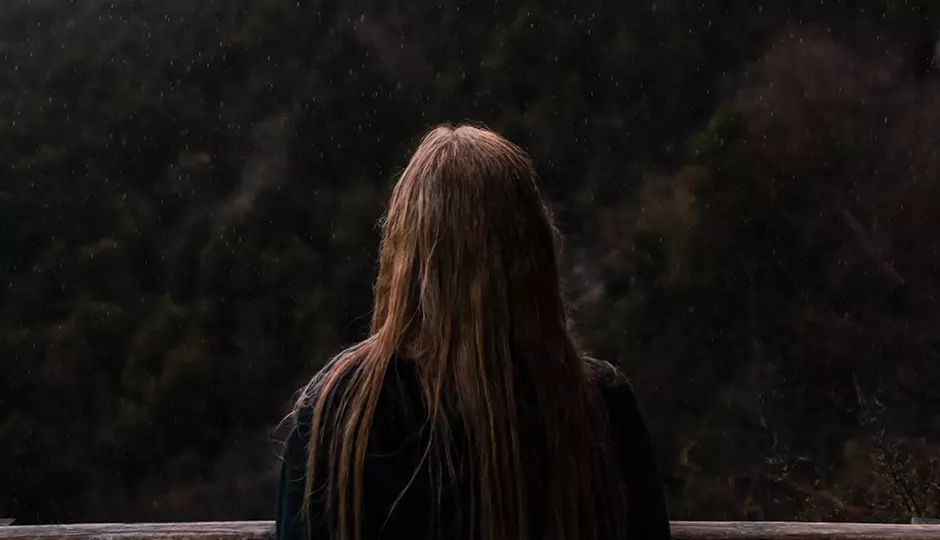Men's and women's hair loss occurs for a variety of reasons. It's not uncommon for people to experience thinning hair and hair loss as they age due to genetics. However, thinning hair and hair loss can be triggered by nutritional deficiencies such as low iron levels.
What Is Iron Deficiency?
Iron deficiency, also known as "iron deficiency anemia," is a medical condition that occurs when your body doesn't receive adequate supplies of iron. Anemia is a common condition that affects nearly 20 percent of women and about three percent of men. Women have a greater risk of developing the condition when pregnant, with about 50 percent developing anemia during pregnancy.
Your body needs iron to make a substance in your blood called hemoglobin. Hemoglobin is a type of protein responsible for transporting oxygen in your blood. Your blood supplies every cell in your body with the nutrients and oxygen needed to repair and regenerate.
Iron deficiency causes several symptoms, including low energy levels, a rapid heartbeat, shortness of breath, and unusually pale skin. Iron is vital for stimulating healthy cell growth throughout your body, including the cells that stimulate hair growth.
What Causes Iron Deficiency?
Several factors can cause iron deficiency. One of the most prominent causes is a diet lacking iron. If your diet doesn't have enough iron-rich foods, your body's iron supply can be depleted, leading to an iron deficiency.
Your body can also develop iron deficiency due to digestive issues. Your body absorbs iron into the bloodstream in the small intestine. An intestinal disorder can impact the intestine's ability to absorb iron and other nutrients from the food you eat. Surgeries, where a part of the small intestine is removed or bypassed, can also affect your body's ability to absorb iron.
Since iron is contained inside your red blood cells, blood loss is another common cause of iron deficiency anemia. Blood loss from an internal disorder, such as peptic ulcer, colon polyp, or colorectal cancer, is also associated with iron-deficiency anemia. Women who experience heavy bleeding during their menstrual cycle are also at risk of developing anemia.
Low Iron and Hair Loss
Iron is a vital component of healthy cell growth throughout your life. Meat, leafy green vegetables, eggs, and iron-fortified foods are a few examples of iron-rich foods needed to ensure adequate iron levels. Anemia caused by low iron is a common cause of hair loss in both men and women.
Low iron levels limit the flow of oxygen and other essential nutrients to the scalp and impact the hair follicle's ability to produce strong, healthy strands of hair. Usually, an iron deficiency can be corrected by increasing the amount of iron-rich foods in your diet or with dietary supplements. In most cases, once the deficiency is corrected, your hair will begin to regrow.
Contact New Image Hair Clinic
Thinning hair and hair loss can be caused by various factors, including a vitamin or nutrient deficiency. However, before you self-diagnose your hair condition and start treating yourself with supplements, you should consult a professional to determine the exact cause of your hair issue.
At New Image Hair Clinic, our expert staff will help you find a solution that meets your specific needs. We offer a variety of solutions such as, men and women hair restoration systems, laser hair therapy, and more. Contact us today to learn more about hair loss due to iron deficiency and how you can correct the problem and schedule your FREE initial consultation.



